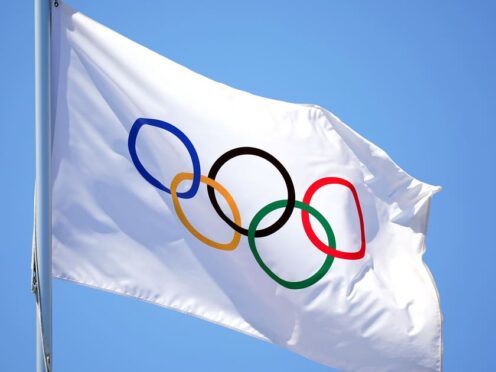
The International Olympic Committee has urged a boycott of Russia’s planned ‘Friendship Games’, labelling the event a “cynical attempt” by the country to “politicise sport”.
Russia intends to stage the ‘Summer Friendship Games’ in the cities of Moscow and Ekaterinburg in September this year, just a few weeks after the Paris Olympics, and a winter event in Sochi in 2026.
“For this purpose, the Russian government has launched a very intensive diplomatic offensive by having government delegations and ambassadors, as well as ministerial and other governmental authorities, approaching governments around the world,” the IOC said in a statement.
Declaration by the IOC against the politicisation of sport.
Read: https://t.co/WtrMYm3OQs pic.twitter.com/2FfSViEaxm
— IOC MEDIA (@iocmedia) March 19, 2024
“To make their purely political motivation even more obvious, they are deliberately circumventing the sports organisations in their target countries. This is a blatant violation of the Olympic Charter and an infringement of the various UN resolutions at the same time.
“It is a cynical attempt by the Russian Federation to politicise sport.
“The Olympic movement strongly condemns any initiative to fully politicise sport, in particular the establishment of fully politicised sports events by the Russian government.
“The IOC strongly urges all stakeholders of the Olympic movement and all governments to reject any participation in, and support of, any initiative that intends to fully politicise international sport.”
Since the military invasion of Ukraine two years ago, Russia has been banned from the Olympics, although athletes from the country who have qualified for Paris 2024 can compete in a neutral capacity.
The IOC has also announced that athletes from Russia and Belarus will not be allowed to participate in the opening ceremony.
It said there are expected to be less than 60 participants from the two countries.
The IOC confirmed on Tuesday that there are currently 12 Individual Neutral Athletes (AINs) with a Russian passport and seven with a Belarusian passport who have qualified.
IOC experts currently project that 36 AINs from Russia and 22 from Belarus will qualify for Paris.
The figures represent a stark contrast to the 330 Russians and 104 Belarusians who competed at the previous Games in Tokyo.
James Macleod, director of the National Olympic Committee Relations, Olympic Solidarity and Olympism365 at the IOC, said it was logical that the AINs should not be involved in the opening ceremony parade.
📌 Flag and anthem approved for Individual Neutral Athletes (AINs) with a Russian or Belarusian passport at the Olympic Games #Paris2024 by the IOC EB.
🔹 The anthem has no lyrics and has been produced solely for this purpose: https://t.co/adFO693XkG
🔹 The flag 👇👇 pic.twitter.com/5WNsyBfWX6
— Christian Klaue (@ChKlaue) March 19, 2024
“The logic was very clear to us in that the Individual Neutral Athletes will be competing as individuals, and during an opening ceremony the athletes parade as delegations or teams,” said Macleod.
“Since there won’t be a delegation or a team, that was the main reason behind that.
“There is also a precedent which was set at the 1992 Games in Barcelona where the former Yugoslav athletes were competing as individual Olympic participants at the time did not take part in the athletes parade.”
The IOC has also produced an independent anthem, with no lyrics, to be played for any AIN gold medal winners when they receive their medals.

Enjoy the convenience of having The Sunday Post delivered as a digital ePaper straight to your smartphone, tablet or computer.
Subscribe for only £5.49 a month and enjoy all the benefits of the printed paper as a digital replica.
Subscribe